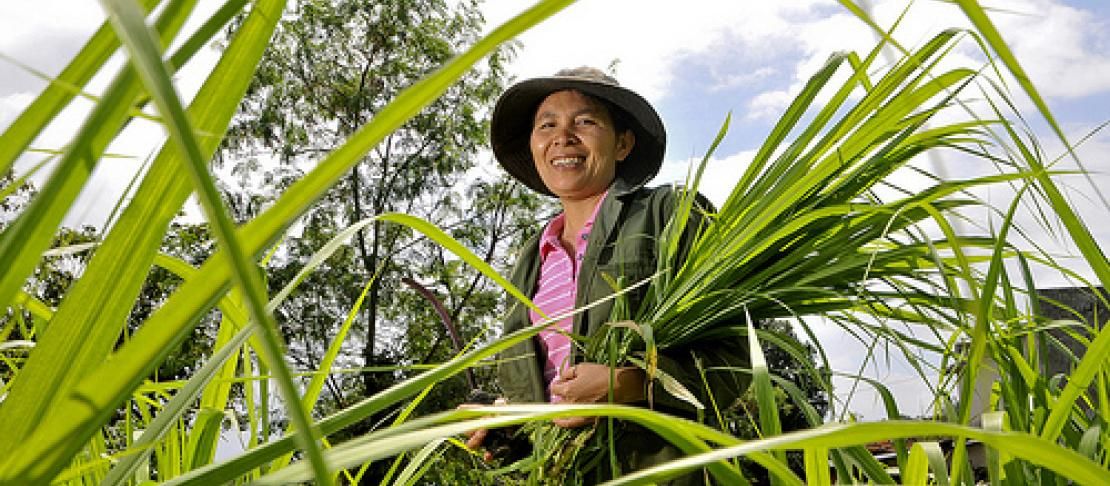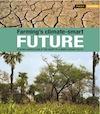Moving from theory to practice with climate-smart farming

There has been plenty of discussion about the potential adaptation and mitigation benefits of climate smart farming. At December’s Agriculture and Rural Development Day, our partners even shared successful case studies. Now, climate-smart agriculture efforts in Zambia, Malawi and Vietnam will be scaled up thanks to an initiative by the Food and Agriculture Organization (FAO) and the European Commission.According to an FAO news release, the three countries will reshape their agricultural practices, moving from “business-as-usual” to using a climate-smart approach to farming. The project will begin by identifying challenges and opportunities in each country, followed the development of strategic plans tailored to each country's context. The initiative will last for three years and work closely with agriculture and other ministries in each of the partner countries, and also collaborate with local and international organizations. The CGIAR Research Program on Climate Change, Agriculture and Food Security (CCAFS) is particularly interested in the Vietnam initiative as the program will eventually expand into Southeast Asia.
Promoting climate-smart agriculture all the way to Rio
The CGIAR Research Program on Climate Change, Agriculture and Food Security (CCAFS) is working on developing climate-smart agricultural solutions, including developing a future weather generating tool; helping farmers access better climate and weather information; and assessing Mechanisms for agricultural climate change mitigation incentives for smallholders.
At the policy level, CCAFS is engaging with national and international partners to help ensure that climate-smart agriculture is integrated into international climate agreements and national climate and rural development strategies. At COP17, CCAFS organized a side event with representatives from African Farmer’s Unions, the Tanzanian Ministry of Agriculture Agricultural Department, and organizations to discuss opportunities and challenges for African Farmers. CCAFS also convened the Commission on Sustainable Agriculture and Climate Change in 2011 to help clarify and map out concrete policy actions for achieving food security in the face of climate change. Read the Commission’s 7 key recommendations now.
Climate-smart agriculture is in other words a concept that is here to stay and in which CCAFS will build on for the United Nations Conference on Sustainable Development in Rio, Brazil, also known as Rio +20, in June.
Agriculture that helps farmers adapt to climate change by supporting food security and the fight against poverty, while also helping to reduce greenhouse gas emissions. |
This story was co-written by Cecilia Schubert, Communications Assistant, and Vanessa Meadu, Manager, Communications and Knowledge Management.
 What is Climate Smart Agriculture?
What is Climate Smart Agriculture?